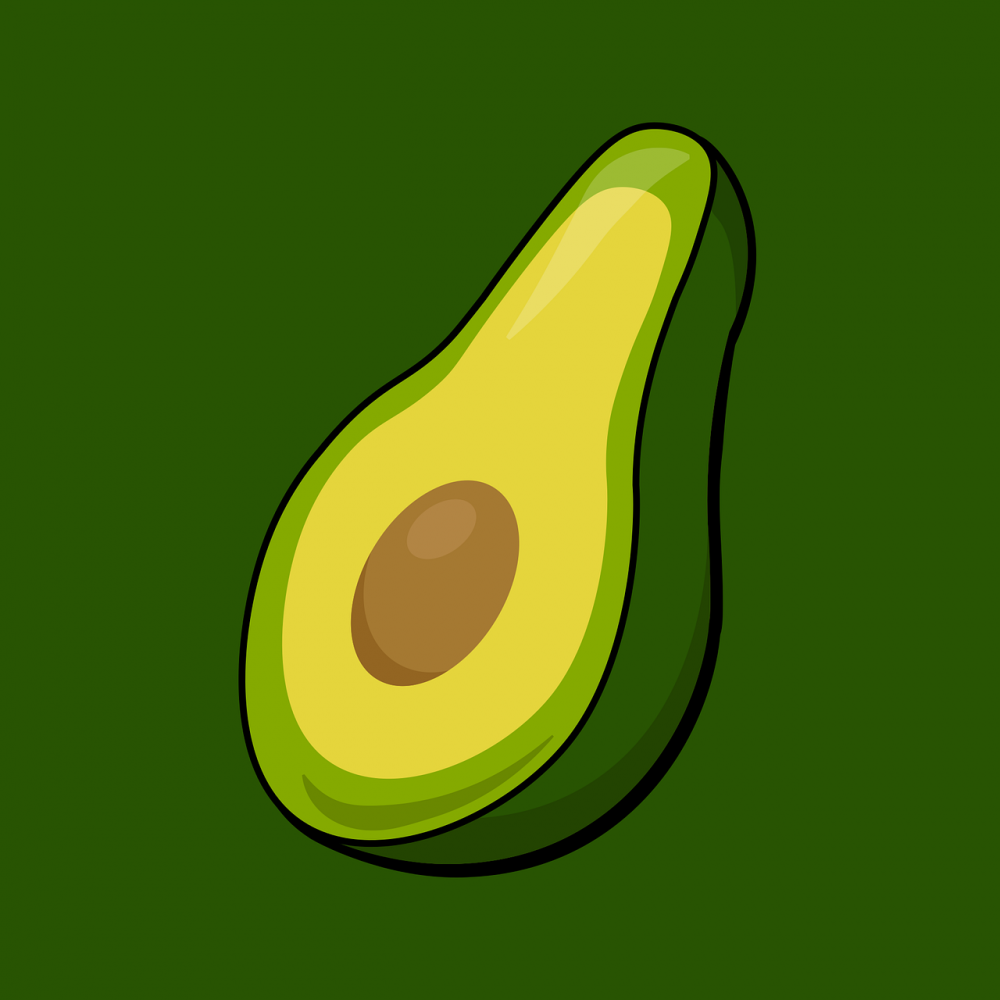IBS Diet: A Comprehensive Guide to Finding Relief

Introduction to the IBS Diet
Living with irritable bowel syndrome (IBS) can be challenging, but one key aspect that can bring relief to many sufferers is their diet. The IBS diet focuses on managing symptoms by making specific dietary changes, which can help regulate bowel movements, reduce abdominal pain, bloating, and other discomforts associated with the condition. In this article, we will explore the ins and outs of the IBS diet, including its types, popularity, quantitative measurements, differences between variations, and a historical overview of its advantages and disadvantages.
Understanding the IBS Diet

The IBS diet centers around customizing one’s eating habits to minimize trigger foods and incorporate more gut-friendly options. There are several types of IBS diets, each with its own approach. The most popular ones include the low FODMAP diet, gluten-free diet, lactose-free diet, and the specific carbohydrate diet. While these diets may differ in their restrictions, the underlying principle is to avoid foods that can exacerbate IBS symptoms and focus on those that promote healthy digestion and reduce bowel irritability.
Quantitative Measurements of the IBS Diet
Research has shown that implementing the IBS diet can significantly improve symptom severity and quality of life for individuals with IBS. Studies often utilize outcome measures such as the Irritable Bowel Syndrome Symptom Severity Score (IBS-SSS) and the Irritable Bowel Syndrome Quality of Life (IBS-QoL) questionnaire to assess the effectiveness of dietary interventions. These quantitative measurements help track changes in symptoms, stool consistency, bloating, and overall well-being, providing valuable insights into the impact of different IBS diets.
Comparing Different IBS Diets
While the primary goal of all IBS diets is to manage symptoms, they can vary in their restrictions and recommended food choices. For instance, the low FODMAP diet restricts certain carbohydrates that are poorly digested and fermented in the gut, while the gluten-free diet eliminates gluten-containing grains. The lactose-free diet avoids dairy products that can trigger symptoms in individuals with lactose intolerance, and the specific carbohydrate diet eliminates complex carbohydrates to support gut healing. Understanding these differences can help individuals choose the most suitable IBS diet based on their specific needs and preferences.
Historical Overview of Pros and Cons
Over the years, various IBS diets have gained popularity due to their potential benefits. However, it is important to acknowledge that each diet comes with its own set of pros and cons. The low FODMAP diet, for example, can be effective in reducing symptoms, but it requires strict adherence and may limit nutrient variety. The gluten-free diet has shown promising results in some cases, but its necessity for all individuals with IBS is debated. Similarly, the lactose-free diet can be beneficial for those with lactose intolerance, but it may not apply to everyone. Understanding the historical context of these diets can provide insights into their development and allow individuals to make informed decisions.
Conclusion:
In conclusion, the IBS diet offers hope for individuals seeking relief from their IBS symptoms. With various types, quantitative measurements, and a historical overview of pros and cons, it becomes clear that finding the right IBS diet requires careful consideration and possibly consultation with a healthcare professional. While no one-size-fits-all approach exists, understanding the principles and nuances of the IBS diet can empower individuals to make dietary choices that can significantly improve their quality of life.





















